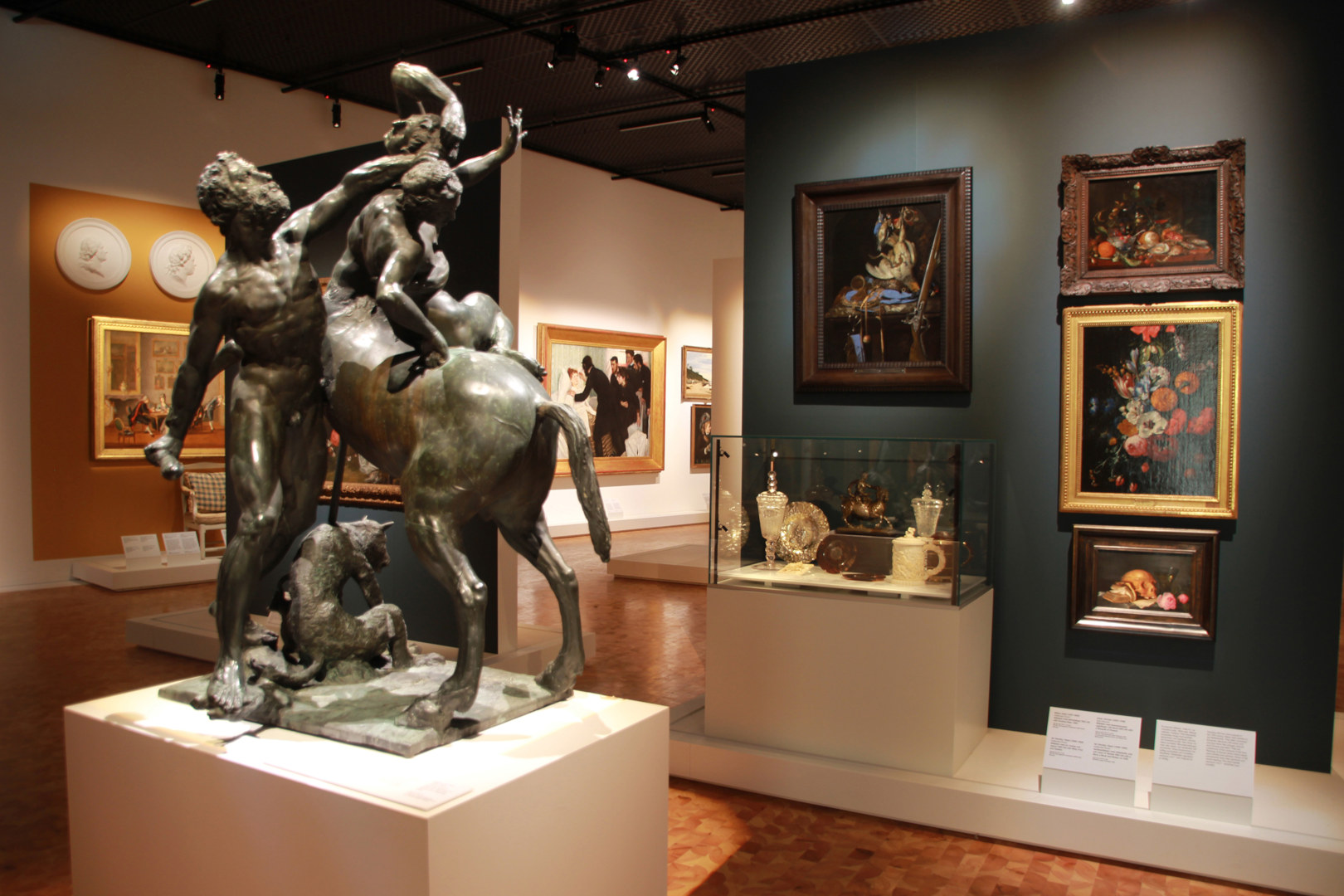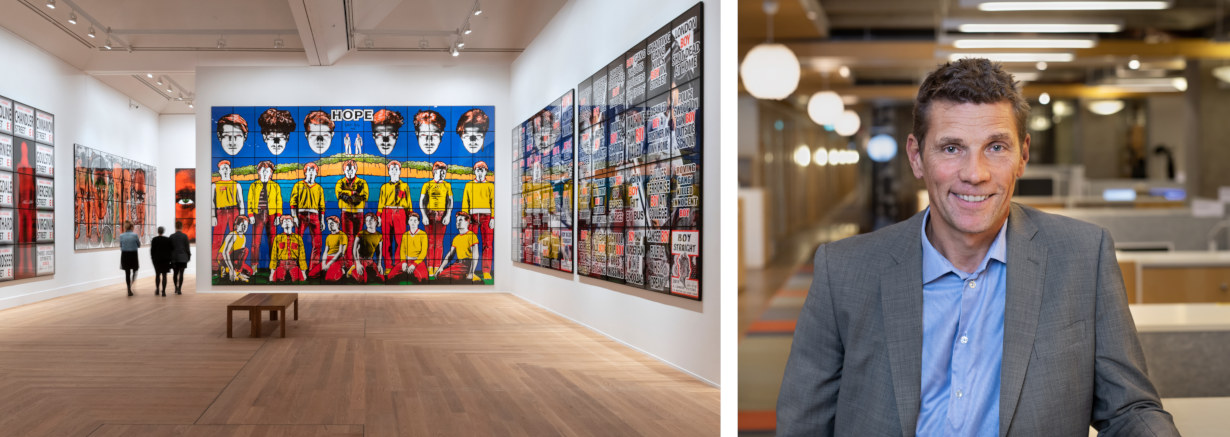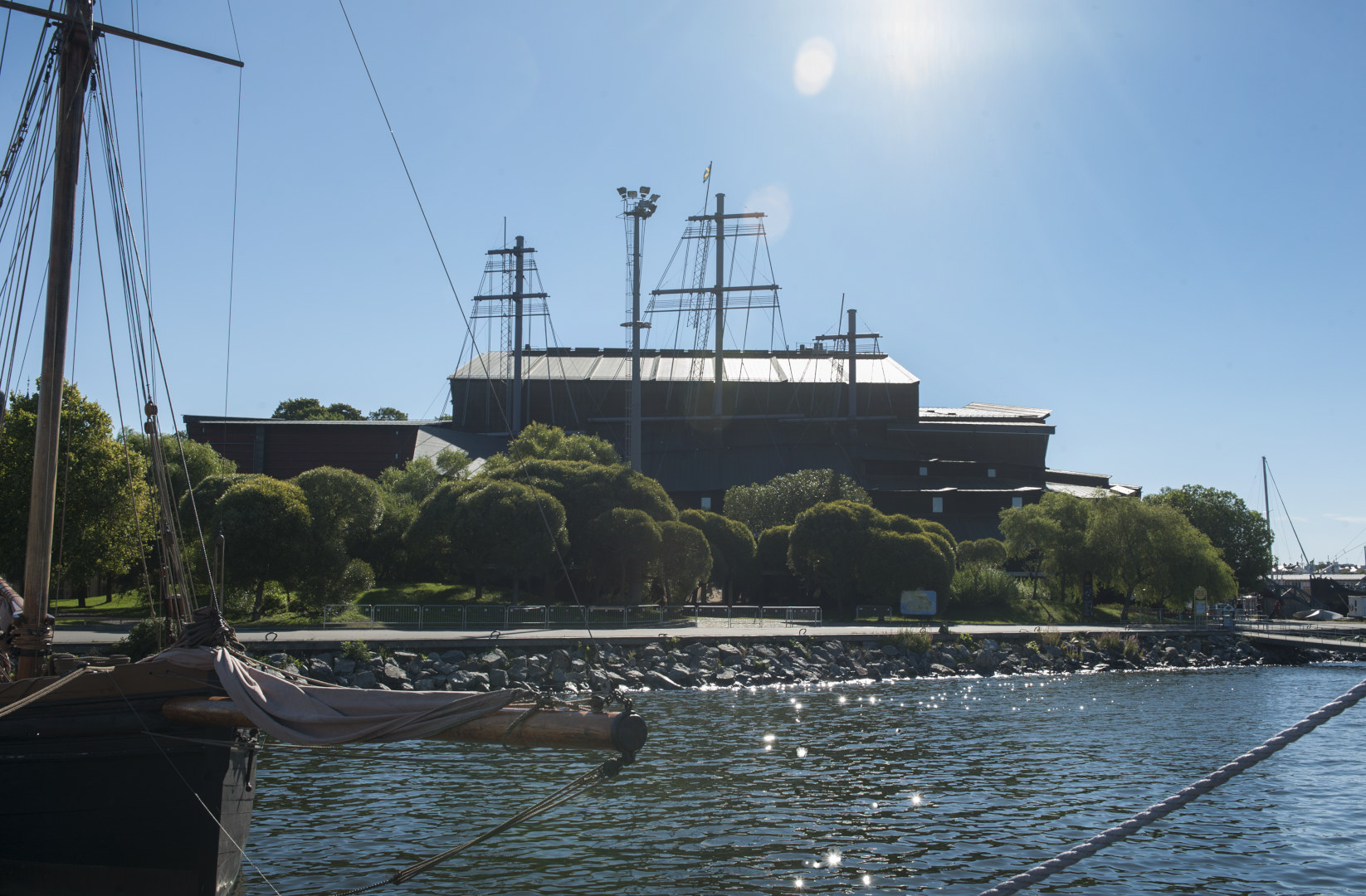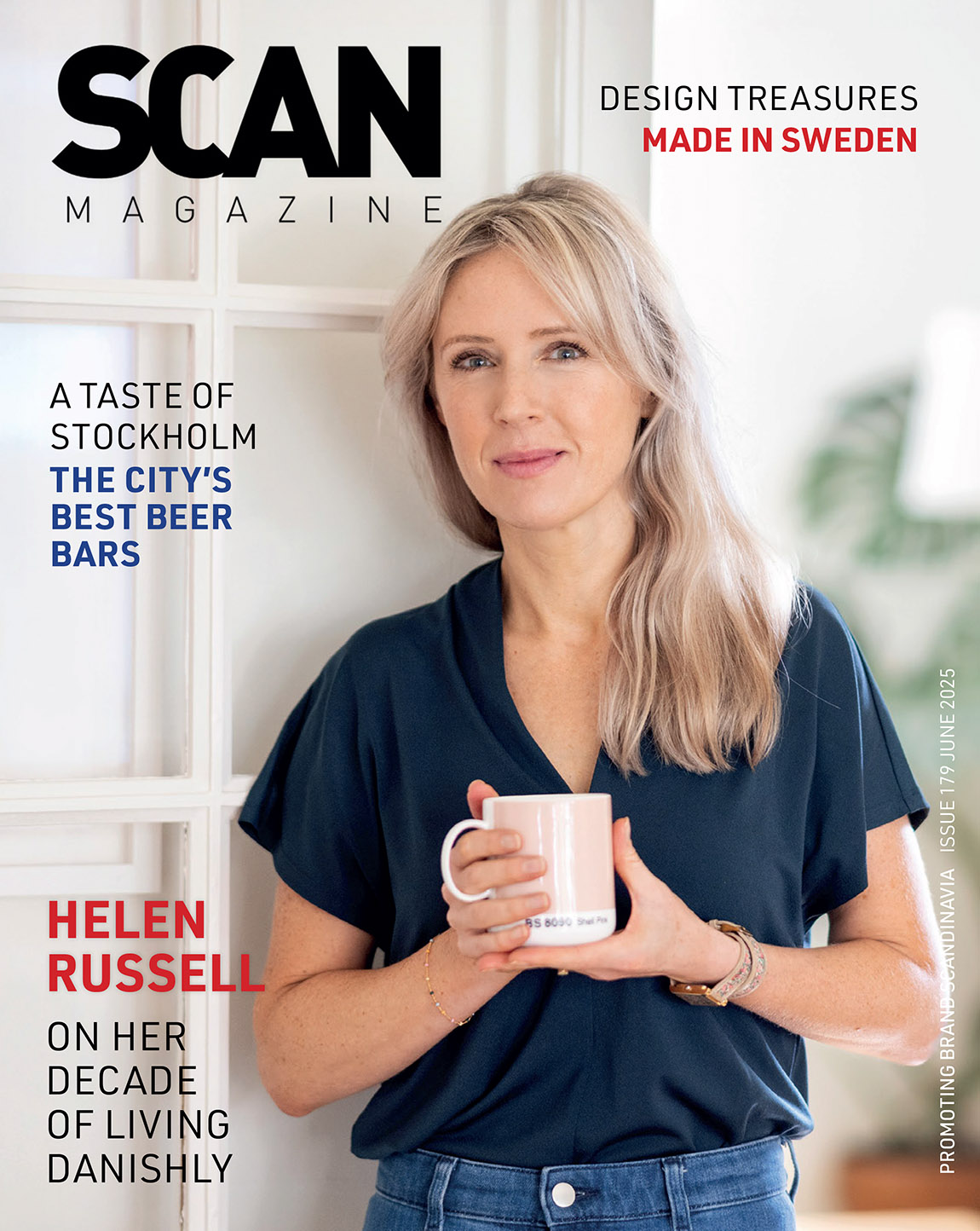Swedish democracy is 100 years old!

It is now 100 years since women were given the vote in Sweden, and in 2021, the country celebrates the 100th anniversary of its democracy, marking a century since the first time equal suffrage was put into practice. The centenary celebration will present an opportunity for Kulturrådet (The Swedish Arts Council) to highlight the role played by the arts and culture in freedom of expression and democratisation.
Sweden’s culture policy has been developed over these 100 years, and from the outset has been centred around the aim of making the arts and culture available to everyone. Every year, The Swedish Arts Council receives around 8,000 applications. These do not merely complement other functions in society; the arts and culture reaching out to everyone across the country is seen rather as a precondition for our country’s democracy.

LEFT: MODERNA MUSEET, PHOTO © ÅSA LUNDÉN, RIGHT: STAFFAN FORSSELL, DIRECTOR GENERAL OF THE SWEDISH ARTS COUNCIL, PHOTO © HANS ALM
At The Swedish Arts Council, we are proud that our mission is based on freedom of expression and the right of everyone to participate. The Swedish culture policy promotes opportunities for personal creativity and cultural experiences. This is important for the individual, the development of society, and democracy.
The Swedish Arts Council has a number of national mandates, which aim to reach new and broader target groups. This concerns collaboration between schools and the professional arts and culture sector, as well as investment in schools of art and culture throughout the country. High priority is given to libraries as meeting places, and to projects that enable many individuals to be creative and to experience the arts and culture in their own neighbourhood. We have also set in motion projects to stimulate early language development in children.

VASAMUSEET, PHOTO © ANNELIE KARLSSON
We are now investing even more in developing our work to widen participation and increase diversity. We are linking this with targets for social sustainability and global sustainability in Agenda 2030. Ultimately, it expresses the importance of equal opportunities for everyone to learn and to involve themselves in arts and culture as a human right and the role of arts and culture in the development of society.
TEXT: STAFFAN FORSSELL, DIRECTOR GENERAL OF THE SWEDISH ARTS COUNCIL | TOP-IMAGE: NATIONAL MUSEUM JAMTLI, PHOTO © JAMTLI
Subscribe to Our Newsletter
Receive our monthly newsletter by email





